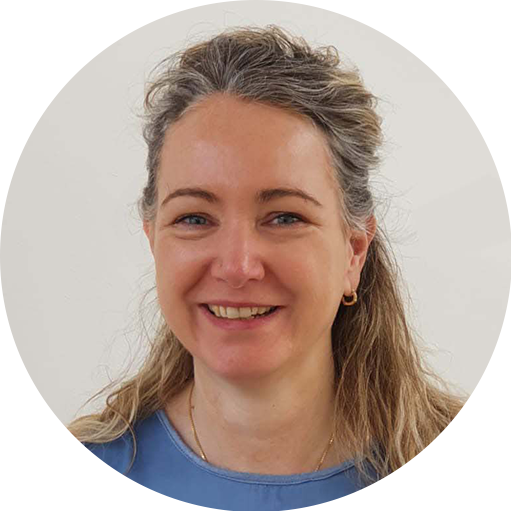05/11/2012
by: Mary-Anne Bowring

Service Charge Accounting: More Than Just a Number-Crunching Role
Finance in property management requires not only technical skills but also an ability to handle complex interpersonal challenges, making service charge accountants a unique group within the finance industry.
The Importance of the Lease in Property Finance
The lease is the cornerstone of service charge accounting, dictating what is due and by whom, and often determining how charges are split among different tenants or owners.
Beyond Basic Transactions: The Complexity of Service Charge Accounting
Every transaction in service charge accounting requires in-depth understanding of the property’s legal structure, expenditure breakdown, and relevant charges based on the lease.
The Role of Finance Personnel in the Year-End Process
Finance professionals guide external accountants through complex property schemes, ensuring accurate accounting in line with service charge regulations, and ensuring compliance with relevant guidelines.
Understanding the Multiple Pools of Funds in Property Management
Service charge schemes often involve multiple funds, each with its own income and expenditure account, requiring careful allocation of expenses according to the lease agreements.
The Growing Need for Structured Learning and Qualifications
As service charge accounting evolves, there is a growing need for structured education and professional qualifications to support finance personnel in this specialized field.
 1872
1872






Keep up to date
(Weekly, fortnightly or monthly)
To find out more what we do with your data, please read our Privacy Policy

 0
0


















